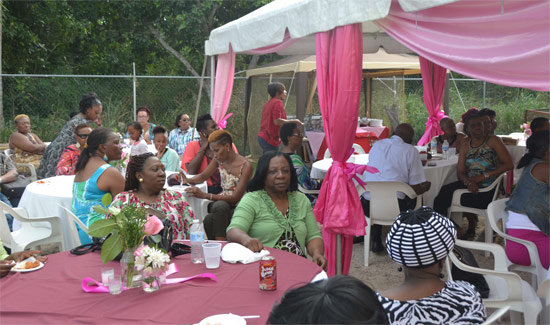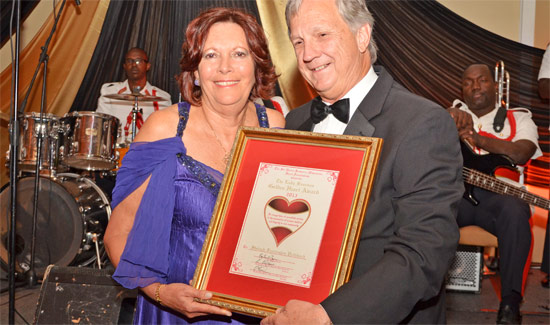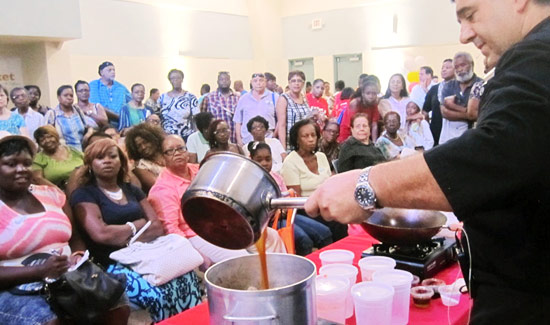An official from the Ministry of Health has confirmed that a deadlier strain of dengue fever has been confirmed in Nassau.
Delon Brennen, deputy chief medical officer for the Ministry of Health, yesterday confirmed that there have been cases of dengue haemorrhagic fever diagnosed on New Providence Island.
The deadlier strain of the fever is characterized by high fever, often with enlargement of the liver, and in severe cases circulatory failure.
Dr Brennon said that there was still only one strain – out of four possible strains – on the island. But there was no way to prevent cases of dengue type 1 from developing into dengue haemorrhagic fever (DHF).
Even if the milder strain of the fever does not develop into dengue haemorrhagic fever, there could be a dangerous drop in the patient’s platelet count which is necessary for blood clotting. So, a person with the symptoms shpould be in constant contact with health professionals.
Doctor Brennen did not say how many cases of the deadlky fever had been discovered, but did say that there had only been “a very few” cases.
“Most people recover from that without incident and don’t need medical intervention, it’s just when you have massive spontaneous bleeds – then we may need to intervene medically,” he reportedly said.
Most people recover from dengue fever without incident and do not need medical intervention. However, if one is experiencing massive spontaneous bleeding – then medical intervention is imperative.
High winds from last week’s hurricane may have helped destroy mosquito breeeding grounds but also hampered the government’s fogging efforts.
There have been over 1,500 cases of dengue fever diagnosed in the Bahamas this year, most in New Providecne. There were also three suspected fever related deaths.
Three to 15 days after a mosquito bite, an infected person will begin to feel symptoms, including chills, a headache, a high fever, pain behind the eyes, lower back pain and body aches.
Persons experiencing dengue fever-like symptoms are asked to call the fever hotline at 359-2929 to speak with a healthcare professional before visiting the Princess Margaret Hospital.
Of course, the best way to avoid such occurances is to avoid mosquito bites by taking necessary precautions and eliminating breeding grounds for the insects.



